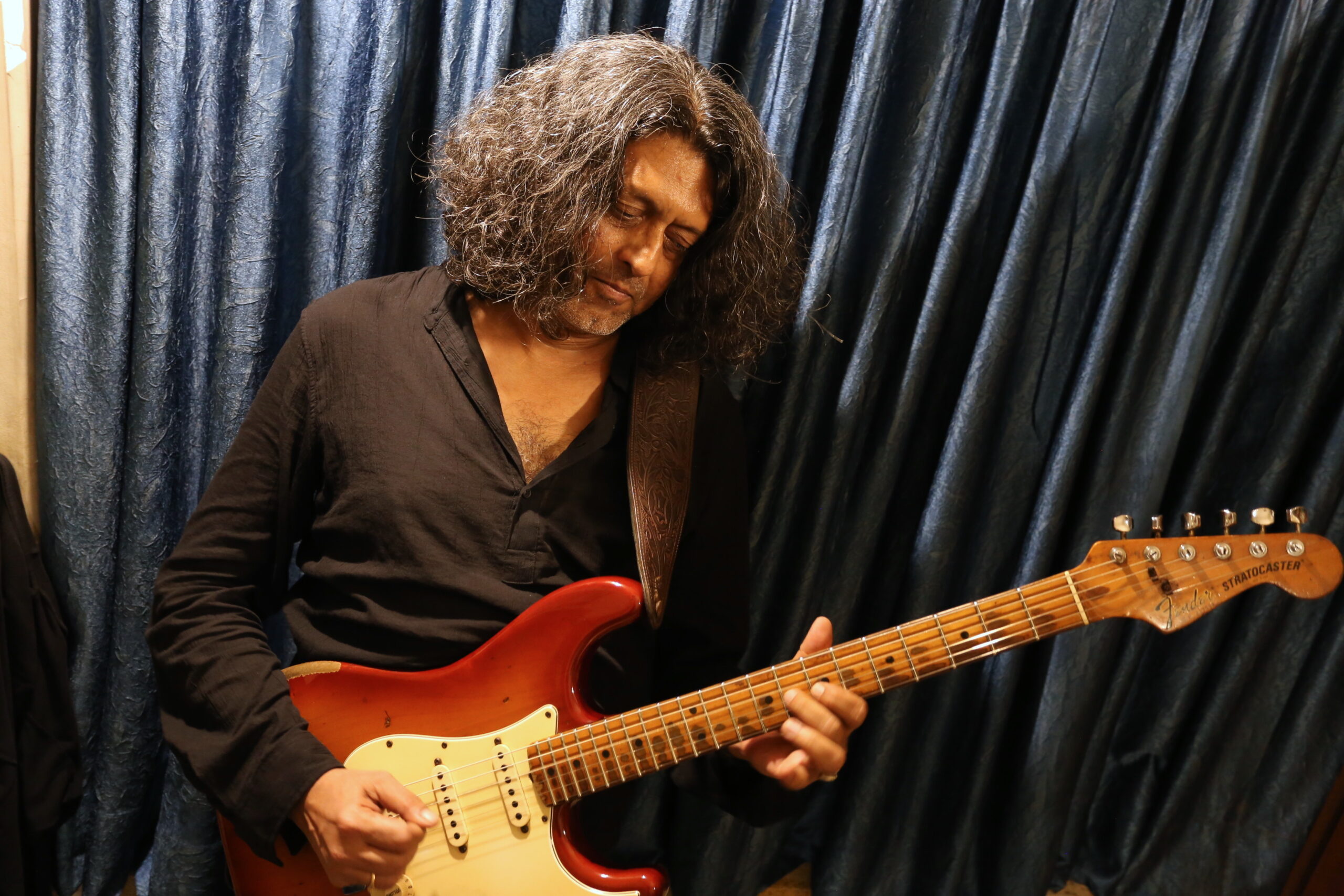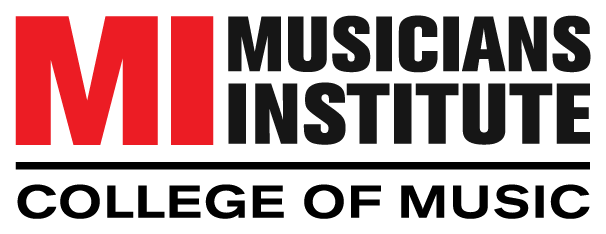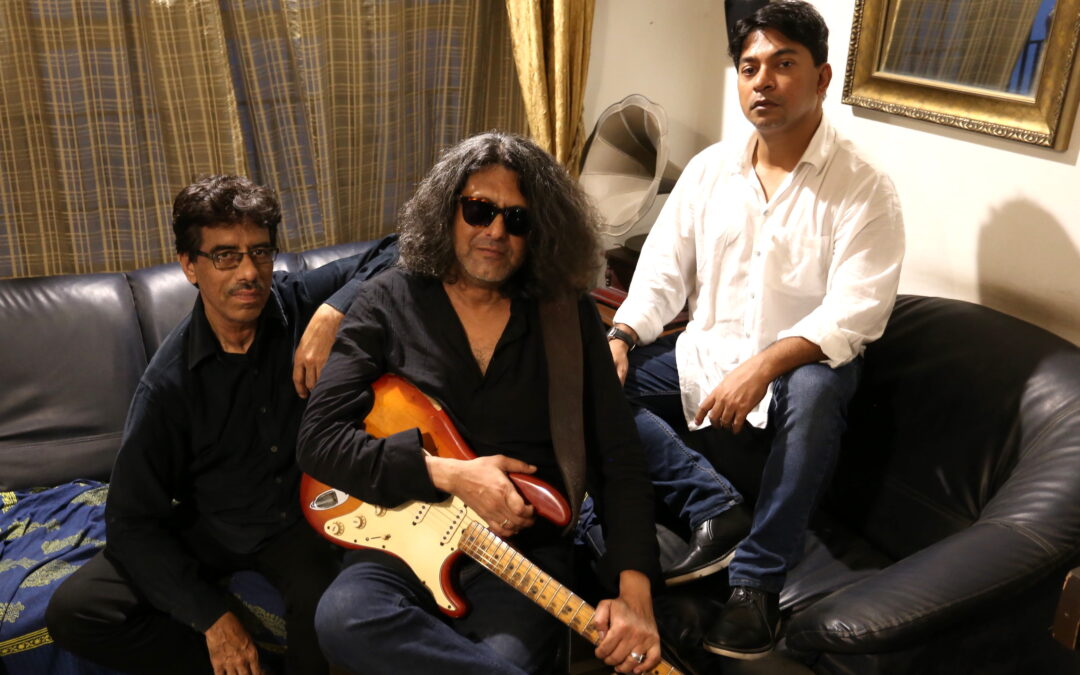Jayanta Dasgupta is a professional musician, the founder of Audible Steel and a partner at Electrical Components Manufacturers, India. Jay studied guitar at Musicians Institute in 1993, and has been playing professionally since then. He has performed at all major venues in India and several others across the world.
He has opened for Buddy Guy at the very first Mahindra Blues Festival in Mumbai, India; and for Bobby Whitlock at Puravandara Blues Festival in Bangalore, India; and has performed live with Van Wilks, the guitar legend of Austin, TX. He also co-authored a song with Bobby Whitlock.
Jay’s band was the house band at Someplace Else, Kolkata, one of India’s greatest live music venues, for 23 years. He was the lead guitarist and vocalist. During this same time, in his role as a partner at Electrical Components Manufacturers, Jay oversaw the design, manufacturing and implementation of sheet metal products.
In the early 2000s, he became the caretaker of a large vintage guitar collection. Through this experience, he realized the important role of high quality aftermarket guitar parts in restoring the original tone and aesthetics of a priceless vintage instrument. As a professional guitar player with deep experience in sheet metal manufacturing, he founded Audible Steel, which manufactures premium aftermarket Strat saddles. We caught up with Jay to chat about his time at Musicians Institute and how it impacted his current multi-faceted career in the music industry.

Blog Post
"*" indicates required fields
By submitting this form, I authorize Musicians Institute (MI) to make or allow the placement of calls, emails, and texts to me at the phone number that I have provided, including through the use of automated technology, or a prerecorded or artificial voice. I understand that I am not required to provide my phone number as a condition of purchasing any property, goods, or services. I agree to the terms of MI’s Privacy Policy. MI will not sell or rent your information to third parties, and you may unsubscribe at any time.
Where did you first find your love for music and why did you choose to come to MI? What program were you enrolled in?
My love for music started with the discovery of a Beatles single in my uncle’s collection. I was probably in elementary school at that time. After I heard that first Beatles song, I started regularly listening to two radio programs in Calcutta: Lunchtime Variety on Saturday afternoons and Musical Band Box on Sunday afternoons. Through these programs I discovered the music of Otis Redding, Cream, Jimi Hendrix, Derek & the Dominos, and more.
I first heard about Musicians’ Institute as a teenager in Goa. I met many American and European tourists who were visiting Goa. Several of them knew MI alumni, and when they found out about my interest in music, they suggested I look into MI.
Later on, when I started playing professionally and recording commercials, I noticed that the keyboard players in the studios seemed to know more about music – beyond just playing. When I asked the studio director about this depth of knowledge, he suggested furthering my music education.
So I talked to a couple of MI alumni to learn about their experience, and contacted the MI admissions office for information. Once I received the material and saw the list of faculty, I was blown away!
I enrolled in the guitar program, and received a Diploma in Professional Guitar from Musicians Institute in 1993.

What was the most important thing you learned at MI and how did it impact your current (and future) success?
I can name three important things that I learned at MI that shaped my career and allowed me to succeed professionally.
Discipline. Being disciplined about practicing my instrument (what to practice, how to practice) and being disciplined about managing my time, have been critical in setting and maintaining a strong foundation.
Listening. I learned how to listen as a musician at MI, which includes developing an ear, making friends with all the notes (as each note has a color and texture), and listening to other musicians on stage when performing in an ensemble.
Playing with other people. When playing live as an ensemble, it’s important to find your space to play. Players are like painters on silence. If I fill up the silence, it becomes noise. At MI, I learned to ask “where can I enrich the song?” I learned how to use silence economically and understand timing (where and when to play), and how to be in context.
Talking with faculty and others in the industry, about making music and coping with life issues and challenges, I benefited from their wisdom about living in this world as a musician.
As I mentioned earlier, the important lessons I learned at MI impacted my career directly:
- My 35+ years of playing professionally with my band is a direct result of what I learned at MI about playing in an ensemble. I also learned from my teachers and heroes about how to live in the world and add the canvas of music.
- Curiosity about how things work combined with my ability to listen as a musician led to my founding Audible Steel. In my bio you’ll notice that while I was playing professionally, I was also managing and operating my family’s sheet metal manufacturing business. In the past decade, I put these two areas of expertise together to found Audible Steel.
- The discipline I learned at MI directly affected the product development process of my Audible Steel™ aftermarket guitar saddles. The whole process of researching, designing, prototyping, and testing these saddles – until I heard the tone that I was after – took a good decade!
What led you to start your company, Audible Steel?
I’ve been playing the guitar professionally for more than 35 years, and the Strat is my favorite. However, there were a couple of things that bothered me as a professional musician. One was that the strings tended to break at the saddle end. The other was the tuning instability, especially when using the tremolo. In addition, I noticed some variations in vintage Strat saddle design. When I was serving as the caretaker of a large collection of vintage Stratocasters, I had noticed that the vintage saddle steel gauges were not consistent. This meant that each vintage guitar had a unique tone.
Given my deep experience in sheet metal manufacturing, I researched each of these issues, and designed and tested prototypes to address them. I tested my saddle prototypes on a number of these vintage Strats. My final design addressed these manufacturing variations and enhanced the sound of a good Strat. The Audible Steel™ saddles bring out a range of pretty frequencies and an overall improved sustain and tuning stability.
As far as future success, I would really like to support emerging musicians through our products. For example, guitar students can use our saddles to upgrade their entry-level guitars and strengthen their listening skills. I would like to partner with MI and other music schools to make our saddles (and future products) easily accessible to students and alumni.
Thank you for catching up with us, Jayanta!
Musicians Institute is the leader in contemporary music education offering certificates to Masters degrees in programs spanning instrument performance, electronic production, music business, and everything in between.
For more information on all programs offered, please visit here: mi.edu/programs/
For more information on MI Online programs, please visit here: mi.edu/programs/mi-online/

